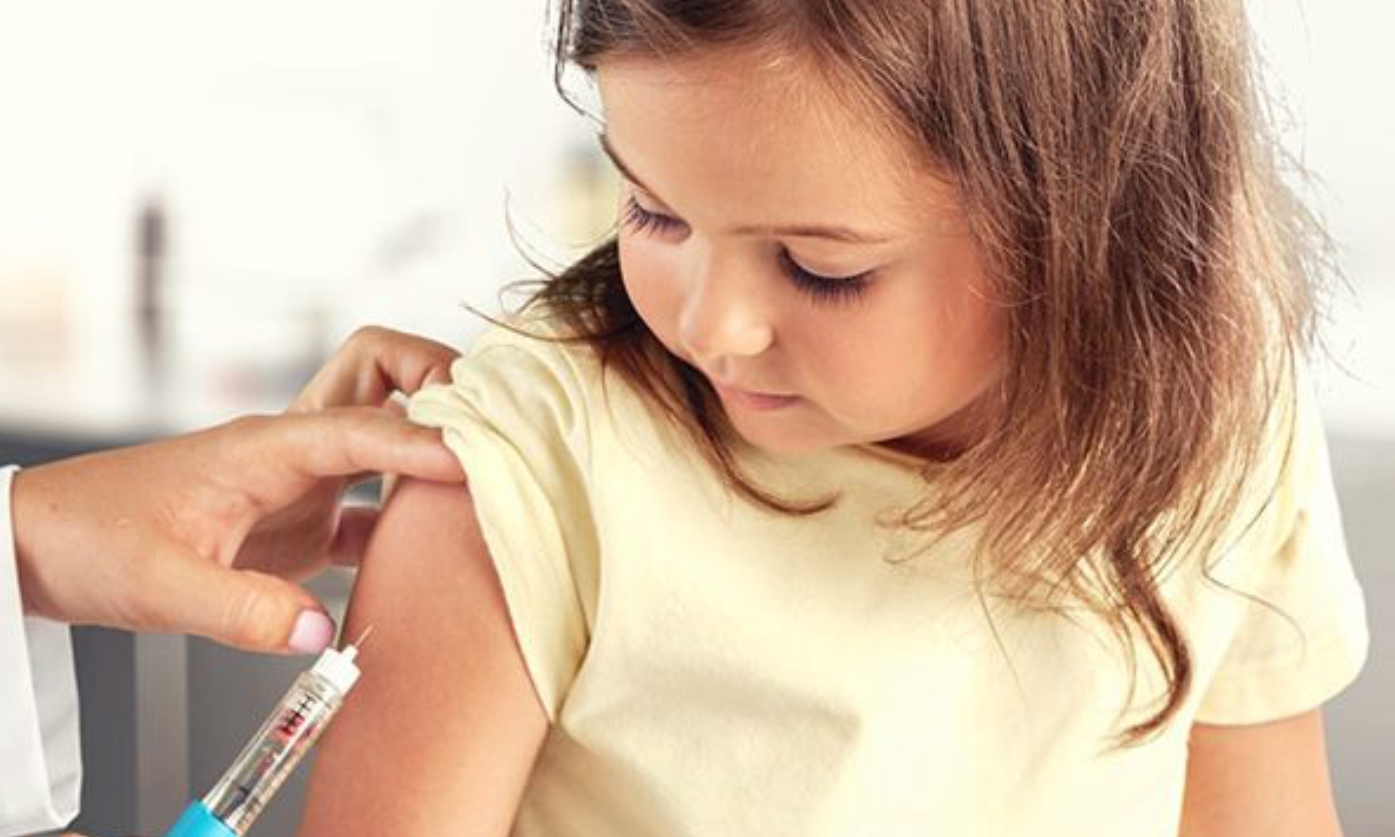-
Renova Hospital - Langar Houz
+91 9912341701 -
Renova Hospital - Kompally
+91 9121241005 -
Renova Neelima Hospital - Sanath Nagar
+91 9133302018 -
Renova NIGL Hospital - Banjara Hills
+91 7032383777 -
Renova Soumya Cancer Centre - Secunderabad
+91 7799982495 -
RHL Renova Cancer Centre - Jaipur
+91 7240111333 -
Renova Century Hospital - Banjara Hills
+91 40 67833333 -
Renova BIBI Cancer Hospital
+91 7013861155 -
Harish Renova Cancer Centre
0144-2370000
Blog
Importance of vaccination and how it helps

Prevention is better than cure.
We have heard this adage since we were kids. And, there’s no better example to prove it than vaccination. Until the pandemic, not many of us gave it a thought even though we all got vaccinated as infants. We also read about the vaccines for polio and smallpox growing up. But, none of us dug deeper.
Now that the COVID-19 vaccine is being administered, there are multiple questions in our minds – Are they safe? Do they have side-effects? Is it mandatory to get vaccinated? What if we have an adverse reaction? We have penned this article to educate you about vaccines and give you the answers to these questions.
What is a vaccine?
A vaccine is an immunization dose that consists of an inactive, weak, or dead form of the disease causing virus or bacterium. It is injected into the body to trigger an immune response and build natural immunity against the disease without being infected by it. After getting vaccinated, if you are exposed to the organism, the body will be ready to fight because it already has the required antibodies.
It is thanks to vaccines that we have successfully eradicated deadly diseases such as smallpox and polio.
The fear of vaccination arises from the fact that the disease-causing organism is introduced into the body. Many people worry that this may lead to health problems. That is why there is resistance among the masses. However, it is important to note that a vaccine is made by deactivating the disease-causing part of the organism or killing it so that it is incapable of harming you. Only a few symptoms such as fever may be seen in some patients but that’s only because the body is producing the required antibodies and not because it is falling victim to the disease.
How do vaccines help?
There are many reasons why you should take a vaccine and ignore the naysayers. A few of them are as follows:
- They help prevent diseases that could otherwise be life-altering or cause death.
- Vaccines build immunity against a wide variety of diseases that may be easily be transmissible.
- Vaccines are extremely safe.
- They are the best possible answer to deadly diseases.
- They don’t just protect you but also your future generations especially in case of diseases such as Rubella wherein the disability can be inherited.
- Vaccines are affordable and can save money. Treating diseases is a long process and requires a lot of money.
Conclusion
Vaccines are the best bet to stay safe and live free of diseases. Once they are approved, there is no reason why you shouldn’t get them. It is not just a privilege to live in such medically advanced times but also our social responsibility. Vaccination protects everyone – you and the community.
